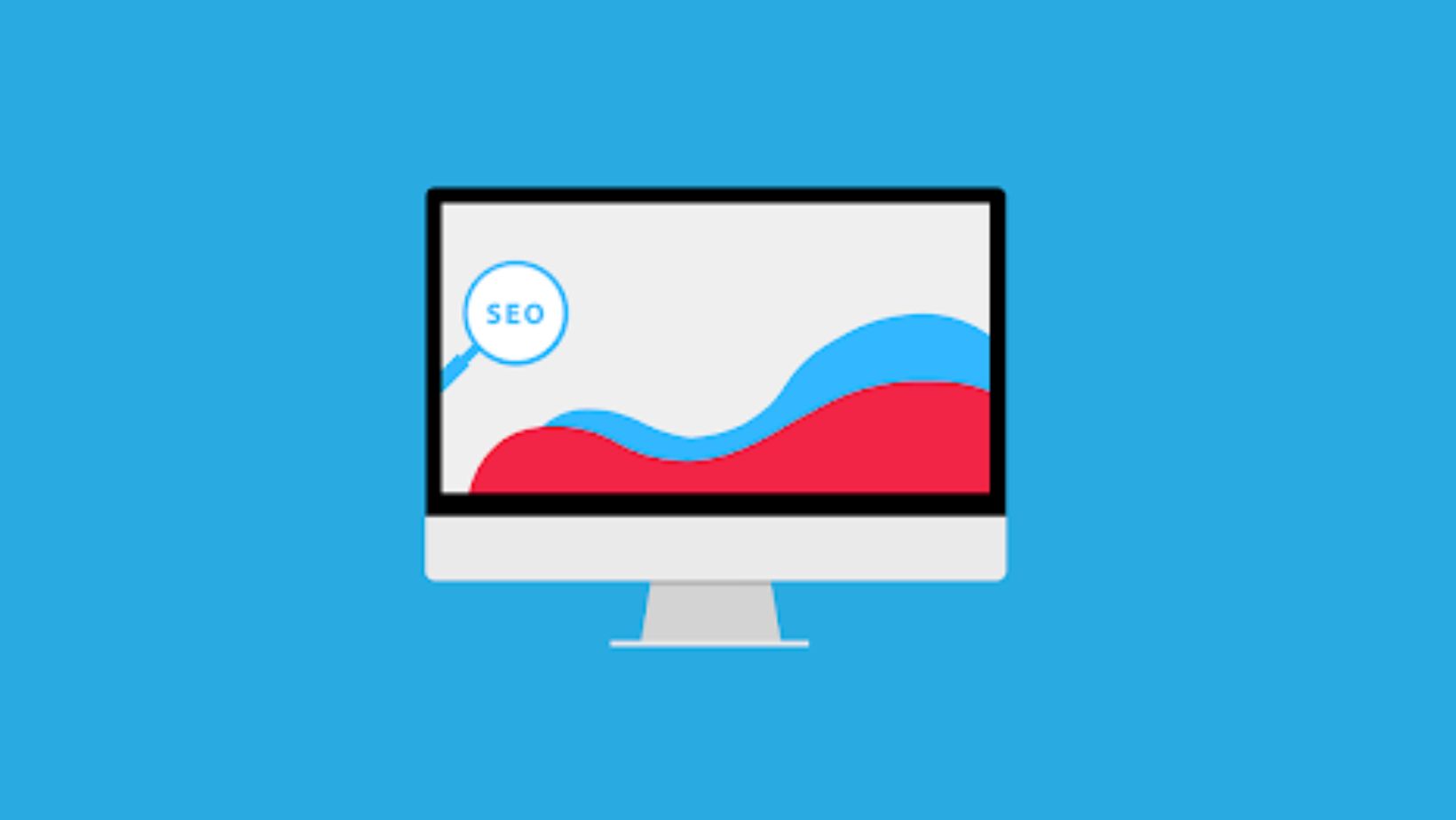
Want to rank higher on Google but can’t figure it out?
We all want to be at the top of search results. High rankings for competitive keywords mean:
- Higher organic traffic
- More qualified leads
The Problem is:
While most people focus on optimizing content and backlinks, very few even consider the foundation of their SEO strategy: web hosting.
If your site is hosted on the wrong server, in the wrong location, or with the wrong configuration, all your efforts at optimization are for naught.
Without proper hosting, your SEO just won’t work.
This in-depth guide will cover exactly how web hosting affects your search rankings and what you need to do to get it right.
In This Guide
- Why Web Hosting Matters For SEO Success
- How Server Performance Affects Your Rankings
- 5x Critical Hosting Factors That Impact SEO
- Getting It Right
Why Web Hosting Matters For SEO Success
Before you can optimize your site, it must have somewhere to live. And how you choose to house your website determines your SEO success or failure.
Here’s an important fact to keep in mind…
Google’s mission is to provide the best experience for their users. A great way to do this is by rewarding sites that load quickly, are responsive and secure.
If your site is slow, unresponsive, or frequently down, Google will tell its users to go somewhere else. And if Google suggests your competitors sites over yours, your rankings will drop.
When you choose a reliable web hosting provider, you are essentially telling Google that you deserve to be trusted. This is because the hosting infrastructure you use impacts how fast your pages load, how often your site is up, and how well your site performs under pressure.
But here’s another little secret few people know…
The location of your server matters a lot. If you are targeting customers in Singapore but your server is located in the United States, it will naturally take longer for your target audience to load your website. Google takes this into account when ranking sites for local searches.
In short, the hosting provider you choose directly impacts several ranking factors crucial to SEO success:
- Site speed and loading times
- Server uptime and reliability
- Mobile responsiveness
- Security features
How Server Performance Affects Your Rankings
Fun Fact: 53.3% of all website traffic comes from organic searches. That means more than half of your potential visitors are coming from search engines.
This is also where the next point comes into play.
Google’s algorithm changes over the years have made page speed a critical ranking factor. In fact, according to SEO statistics, bounce rates increase by 38% if a website takes 5 seconds to load.
This is huge.
When visitors leave your site quickly, Google interprets this behavior as your site not being valuable or your user experience being poor. Both of these factors will hurt your search rankings.
In addition, server performance can impact SEO in three major ways:
Fast Loading Speeds
Google has been unequivocal on this point: sites that load faster have higher search rankings. The search giant wants to provide the best possible experience to its users, and slow-loading sites just don’t fit the bill.
According to SEO statistics, only 34% of top websites pass Core Web Vitals – Google’s own metrics for measuring user experience quality. This means there is massive opportunity to outrank competitors by simply having faster loading times.
Server Uptime and Reliability
Nothing is worse for SEO than a website that is always down. When Google’s bots try to index your site and it’s not available, they come back later to try again.
A good hosting provider will typically guarantee 99.9% uptime for your site. This means significantly more time where your site is available both to users and to search engines.
Geographic Server Locations
Another reason server performance matters so much for SEO is because of geographic location. Search engines factor in server location when determining local search rankings.

If you are targeting a particular area with your website, having servers in that region will give you a boost when competing against sites that are physically located farther away.
5x Critical Hosting Factors That Impact SEO
Here’s a list of five hosting elements that matter the most for SEO performance.
SSL Certificates and Security
Google has confirmed that HTTPS is a ranking signal. Sites without SSL security certificates are marked as “not secure” in browsers. This breaks user trust and severely damages search rankings.
Most quality hosting providers now include SSL certificates as standard. But that’s not enough. It also has to be properly implemented and certificates kept up to date.
Content Delivery Networks (CDN)
CDNs are a system of distributing your site content across multiple servers globally. This means your site can be accessed from the server closest to your visitor’s location, dramatically speeding up load times.
Site loading speed is important because, according to SEO stats, conversion rates are 3x higher for sites that load in 1 second than those that load in 5 seconds.
Server Resources and Scalability
Cheap shared hosting may seem attractive but will almost always come with limits that impede SEO performance. When your website shares resources with other websites, you can’t predict performance.
Virtual private servers (VPS) or dedicated servers provide dedicated resources with performance that is more consistent and guaranteed. SEO statistics show VPS-hosted sites load 15-35% faster than shared hosting plans.
Bandwidth and Data Transfer
Search engines do not like slow websites. If your web hosting plan comes with bandwidth limits, this means your site will slow down when under stress – exactly when you need it to perform at its best.
Bandwidth throttling affects your SEO since loading speed and site performance are major ranking factors.
Technical Support Quality
When technical issues arise, which they inevitably will, quick resolution is key. Every minute your site is down or underperforming, you are losing traffic and potential rank drops.
Premium providers offer 24/7 technical support and faster response times.
Getting It Right
Getting the right hosting provider for your SEO success is really not that difficult. It just requires you to know what you are looking for and what is important.
Start with these requirements:
- Look for SSD instead of HDD storage. SSD offers faster data access and, therefore, loading times.
- Check uptime guarantees and history. Anything less than 99.9% is a red flag.
- Free SSL certificates provided and are properly installed and configured.
Consider these elements too:
For new sites with little to no traffic, good quality shared hosting will do for the time being. But do plan on upgrading as your traffic scales.
If you are targeting local customers, choose a hosting provider with servers in your target geography.
Wrapping It Up
Web hosting isn’t just some nebulous techy thing you should care about. It is a critical component of your SEO success that directly impacts your search rankings.
The hosting provider you choose for your website impacts site speed, uptime, security, and user experience. All of these factors are important to how search engines rank your site.
Here’s what you should remember:
- Server performance directly impacts your search rankings
- Site speed is a confirmed Google ranking factor
- Geographic server location matters for local SEO
- Security features like SSL certificates matter
Don’t let poor web hosting drag down your SEO results. Choose a provider that prioritizes performance, security, and reliability. Your search rankings depend on it.
The good news is that upgrading your hosting is probably the easiest SEO-related thing you can do for your site that also has immediate results. Content creation and link building can take months to build momentum. But better hosting will improve site performance overnight.



